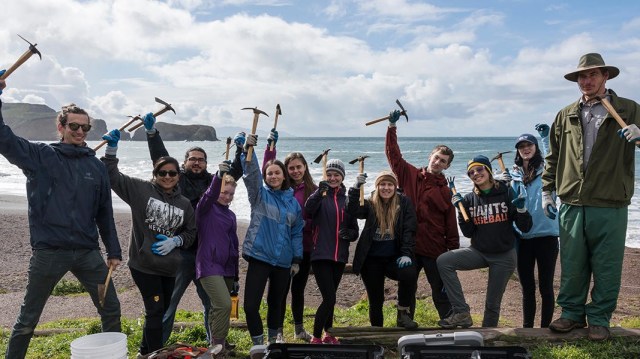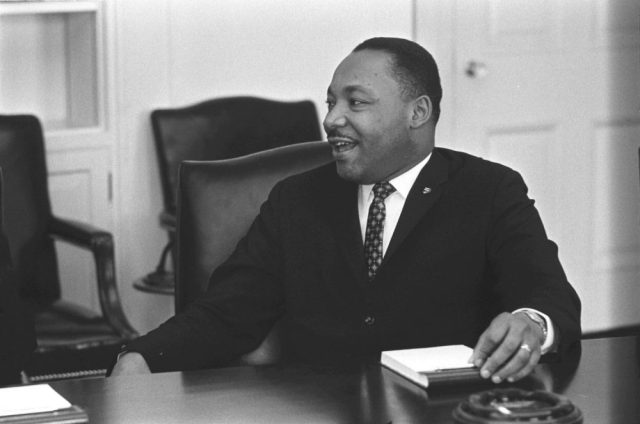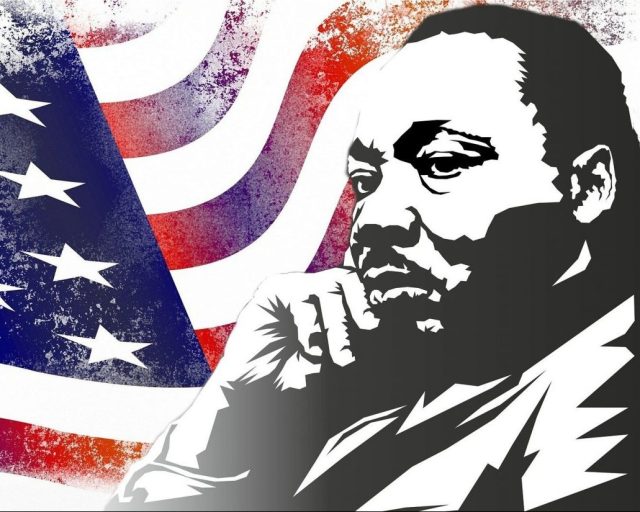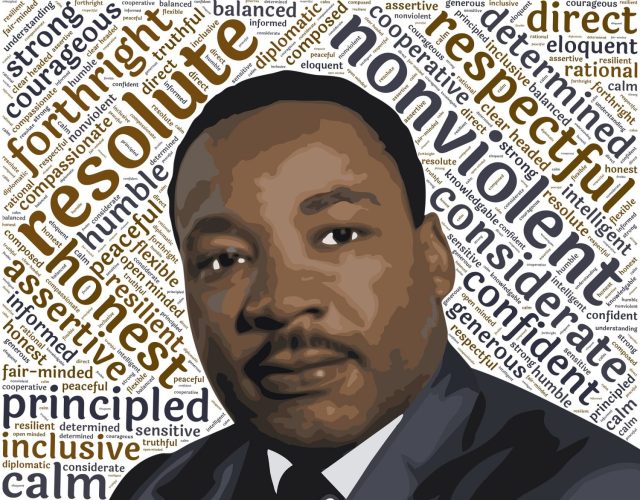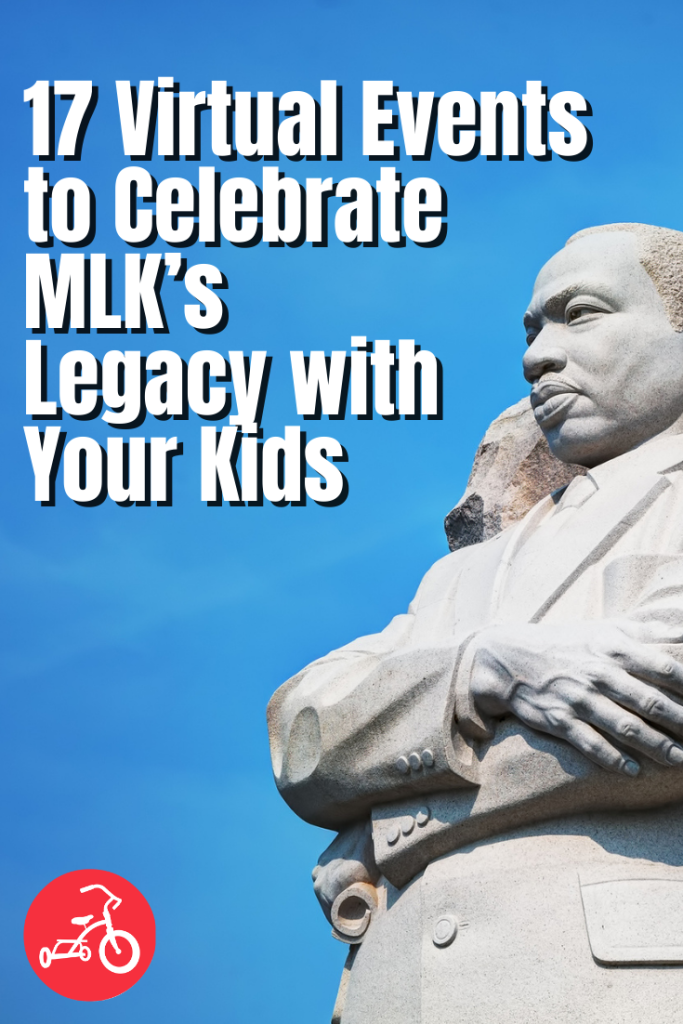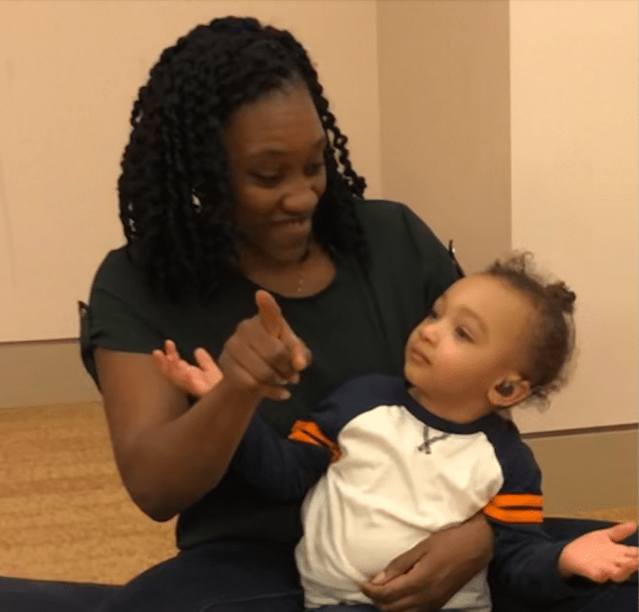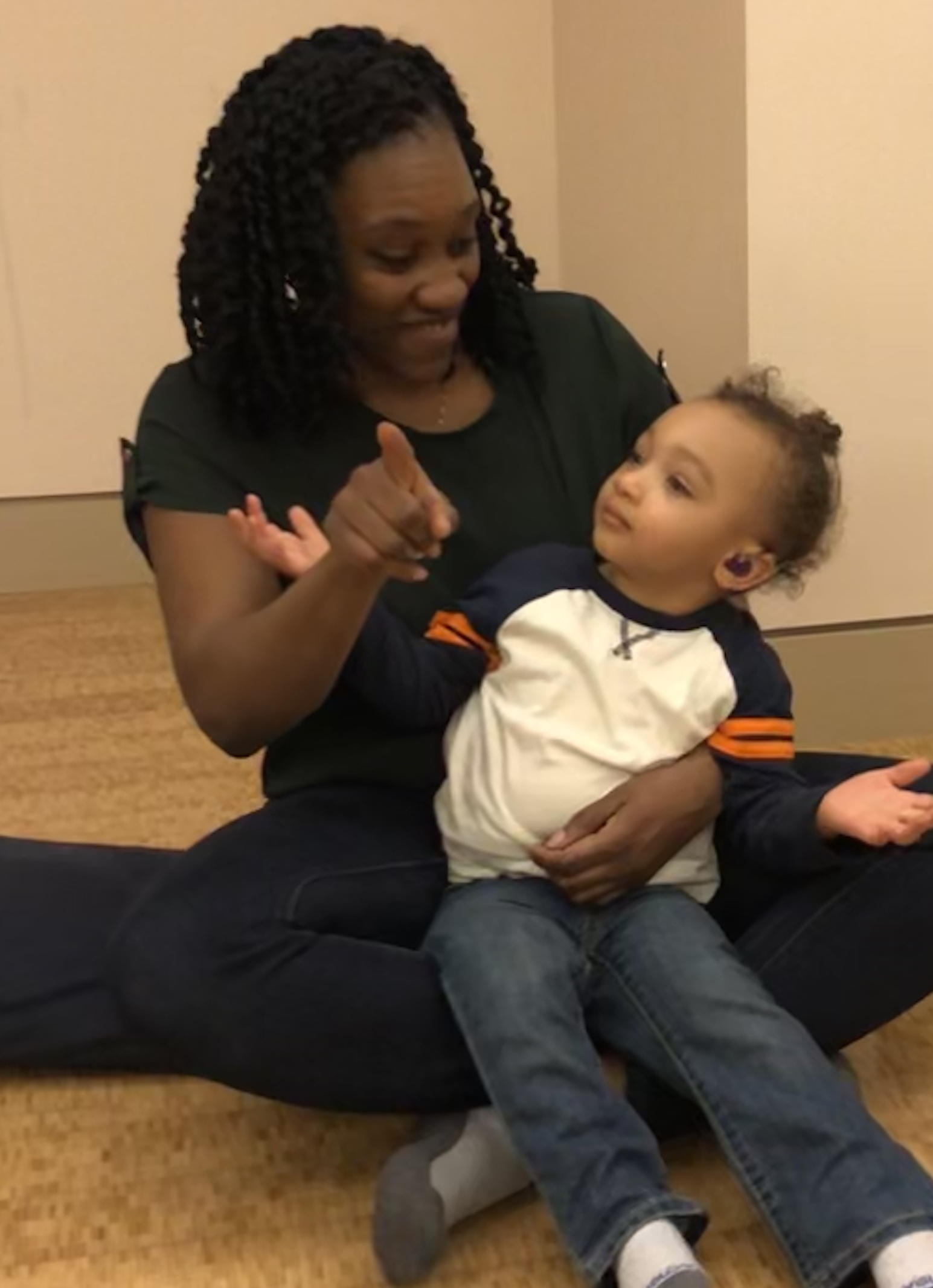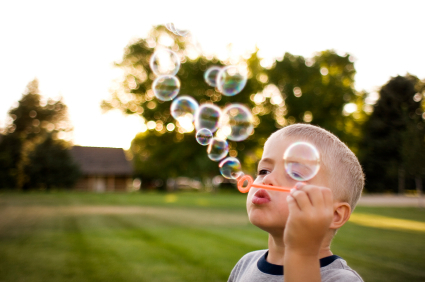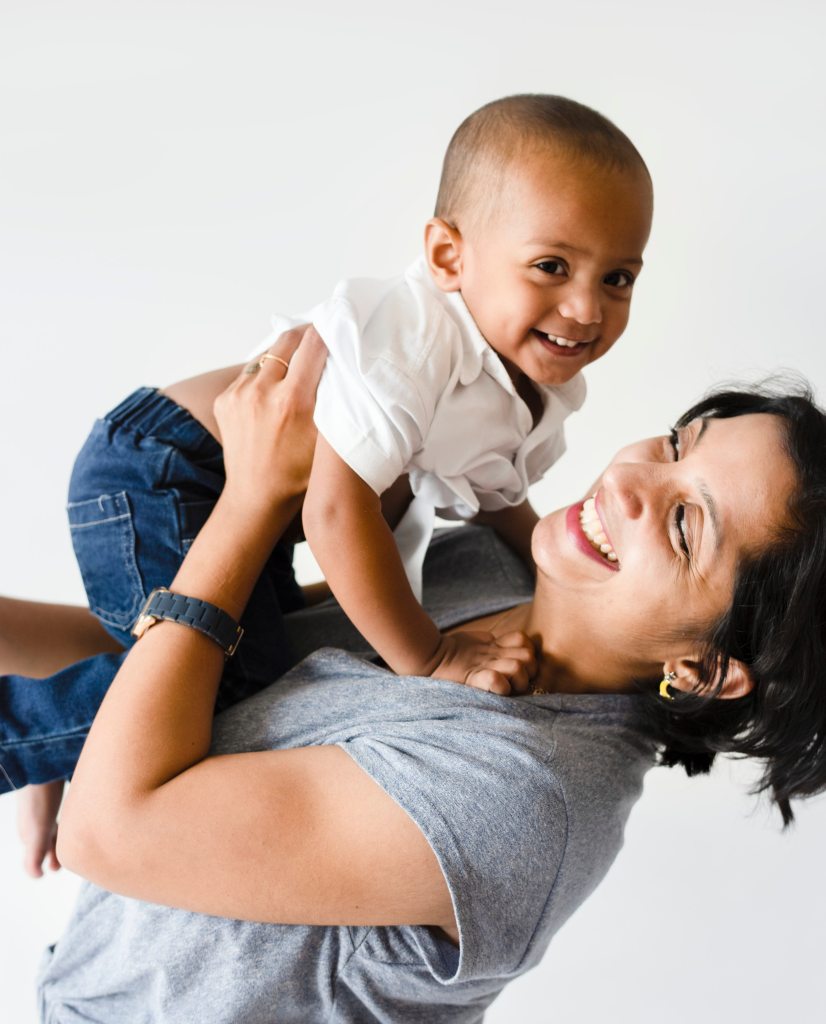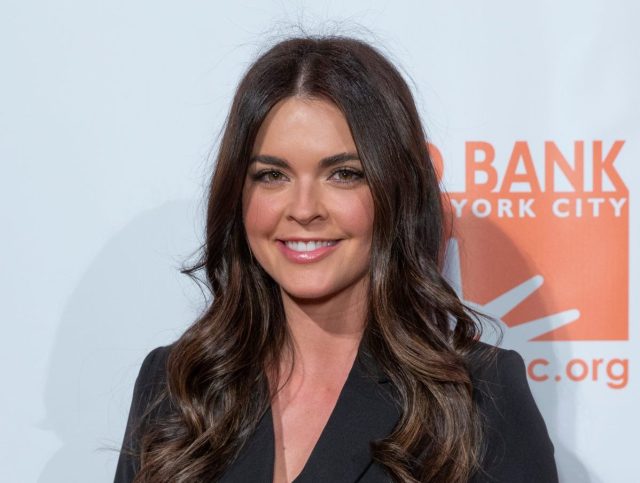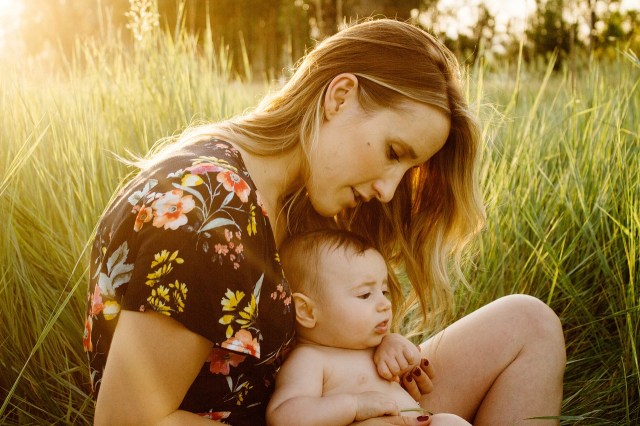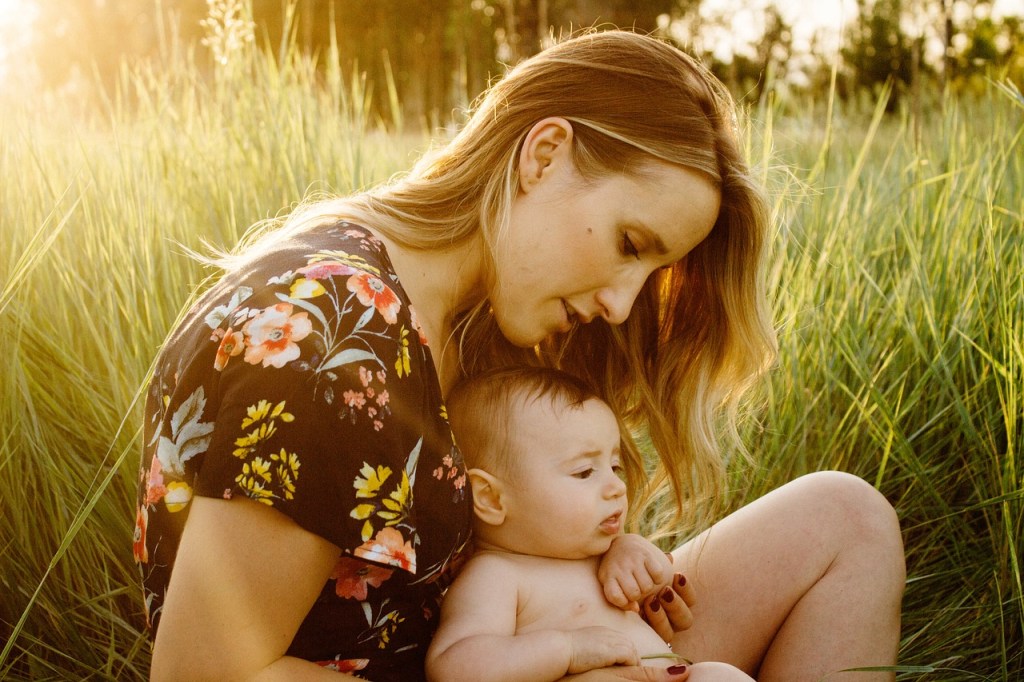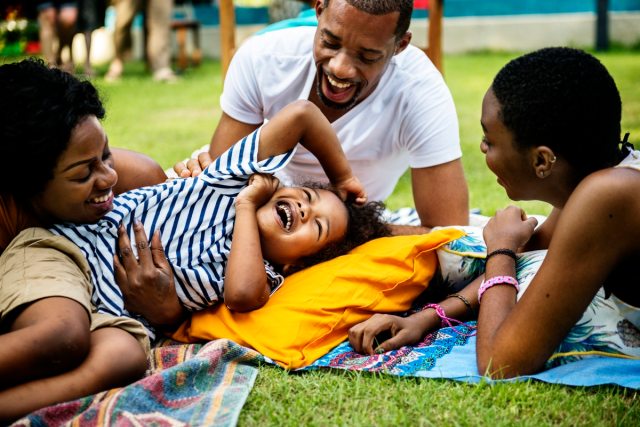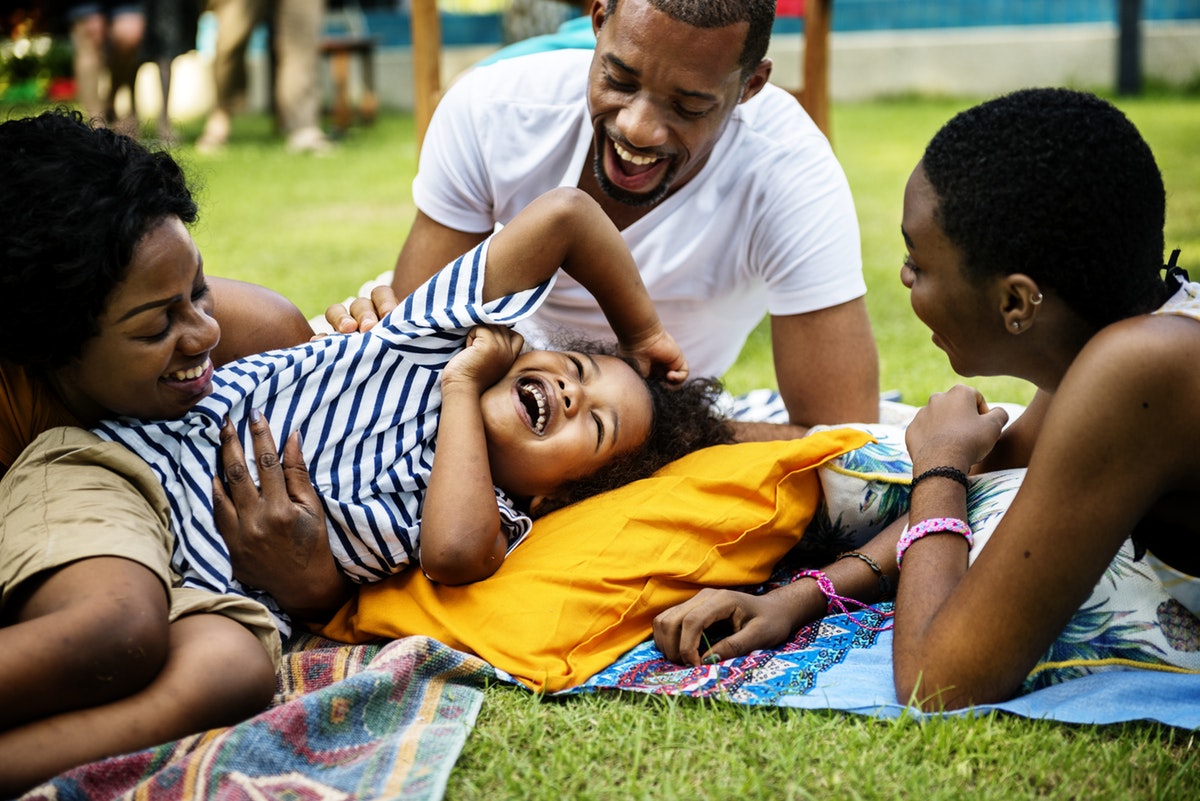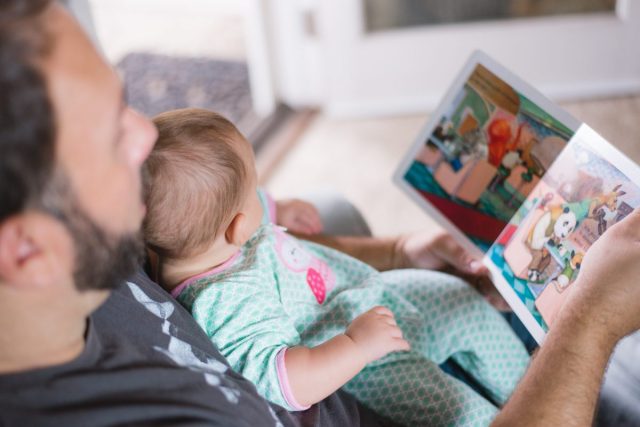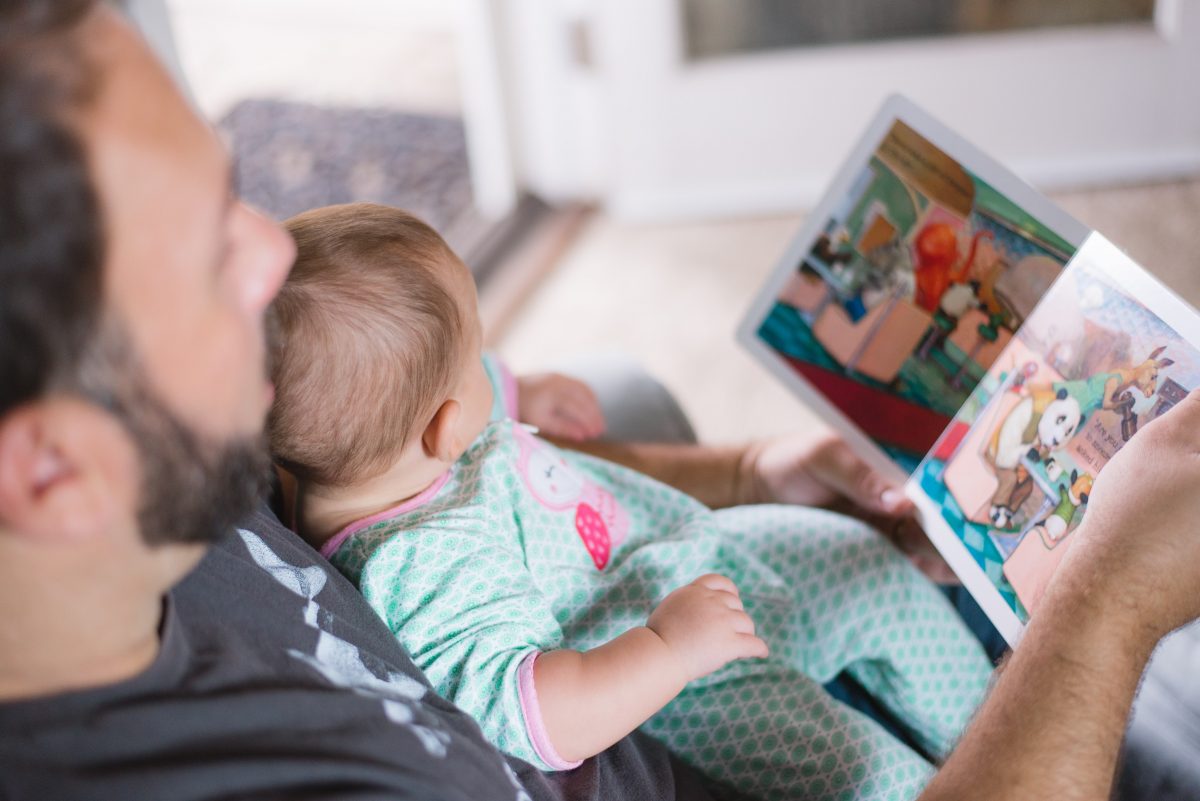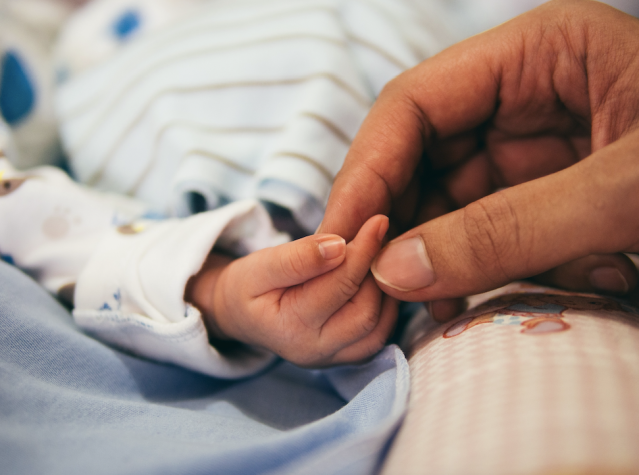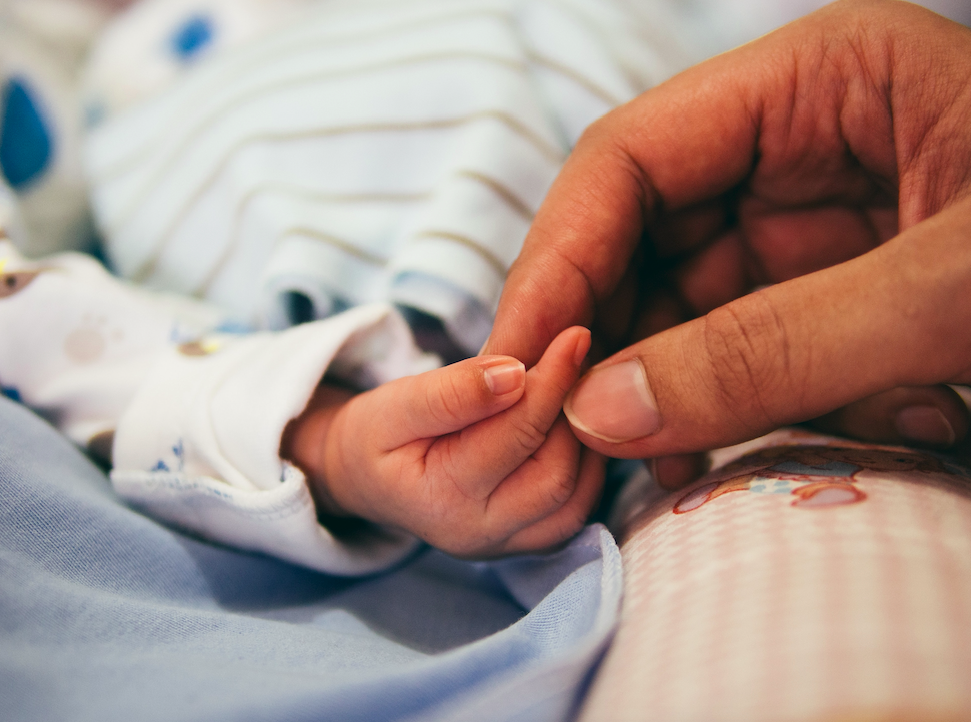On Martin Luther King, Jr. Day, here are all the best celebrations and local volunteering opportunities for you and your kids around the San Francisco Bay Area
Each year, on Martin Luther King Jr. Day, Americans unite to honor King’s legacy and tireless work as a champion of civil rights. So when is Martin Luther King Day? MLK Day takes place the third Monday in January each year. Fun fact: King’s actual birthday is January 15 (he was born in 1929). In addition to celebrating King’s legacy, this holiday has also been designated a National Day of Service—encouraging Americans to volunteer and do good in their communities. So whether you want to celebrate MLK at a parade or spend the day giving back to others, here are all the things to do on MLK Day near San Francisco.
How to Celebrate MLK Day in San Francisco
https://www.instagram.com/p/CmXyk3bJQ0s/?hidecaption=true
1. Martin Luther King Jr. Weekend of Service 2023
Jan. 13-15: The Golden Gates National Parks Conservancy will be celebrating the Martin Luther King, Jr.'s life and legacy all weekend with volunteer projects starting on Friday, Jan. 13 at the San Francisco Habitat Stewards, continuing on Jan. 14 at the Presidio Habitat Stewards, and ending on Jan. 15 with Fort Mason Maintenance. Event details.
2. Martin Luther King Weekend at Filoli Gardens
Jan. 15: On Sun., Jan. 15, Filoli’s Stories in Bloom series kicks off with a program featuring Tureeda Ture Ade Mikell, a poet, storyteller, and the author of SYNCHRONICITY: Oracle of Sun Medicine. She will share stories and songs weaving historical accounts of social justice with African American folktales. Event details.
3. 2023 Caltrain NorcalMLK Celebration Train
Jan. 16: The Caltrain NorcalMLK Celebration Train will depart from San Jose's Diridon Station at 9:30am (65 Cahill St., San Jose 95110), making stops at Palo Alto Station at 9:50am (95 University Ave., Palo Alto 94301) and the San Mateo Station at 10:10am (385 First Ave., San Mateo 94401) before heading in to San Francisco by 10:40am. Once there, celebrants will be able to immediately take part in the MLK2023 March or head directly to Yerba Buena Gardens to take part in a full day of festivities. All of the day's events are free and open to the public. Reserve your complimentary commemorative tickets for departure from one of the above stations today, and pick up your tickets at your point of departure on Mon., Jan. 16, one hour before travel. Event details.
4. MLK March and Parade
Jan. 16: Join the 1.5 mile parade to honor those who marched from Selma to Montgomery by marching from San Francisco’s CalTrain station to Yerba Buena Gardens where a music festival will continue the celebration. Event details.
5. Annual MLK2023 Music Festival
Jan. 16: The MLK2023 Music Festival celebrates its thirteenth year, bringing fabulous talents to perform on the Esplanade stage at Yerba Buena Gardens Festival. In celebration of Martin Luther King Jr. Day, MLK2023 Music Festival features multi-Grammy Award-winning artist Tony Lindsay, the multi-talented RyanNicole, the spoken word of San Francisco’s Poet Laureate Tongo Eisen-Martin and the comedy of Tony Scott. Enjoy an afternoon of live music with the team from the hit television show "I Remember That Song!" with host, Gerry Dove, and the team of guests, featuring Big Russ and DJ Flash of “The World Famous Rick & Russ Show” and radio personalities and artists. Event details.
https://www.instagram.com/p/Cm3XU7pthr2/?hidecaption=true
6. Bair Island Volunteer Work Day
Jan. 14: Join Peninsula Open Space Trust and San Francisco Bay Bird Observatory for this fun and unique opportunity to volunteer at Bair Island. Event details.
7. Free Admission at National Parks
Jan. 16: In celebration of Dr. King's birthday, all national parks are waiving admission in the year's first fee free day of the year. Event details.
Related: The Best National Parks Near the San Francisco Bay Area
8. MLK Day at MoAD
Jan. 16: Celebrate with MoAD on the Dr. Martin Luther King Jr. National Day of Service. The museum will be providing free admission and family activities with the Prescott Circus Theater, Sidewalk Chalk Art with Jamie Treacy and a Scavenger Hunt in the galleries. Event details.
9. Dr. Martin Luther King Jr. Day of Service, Mitzvah Day 2023
Jan. 16: Bring your friends and family to work together on various fun and meaningful projects to bring to life Dr. Martin Luther King Jr.'s inspirational legacy of community service, justice and equality for all. Projects will be held in person this year at the Oshman Family JCC, Mitchell Park and a few other satellite locations with an exciting closing ceremony at Mitchell Park. Event details.
10. MLK Jr. Day of Service
Jan. 16: Recreation & Parks is hosting a clean-up at MLK Park (1208 Hendley St.), where volunteers can help beautify this neighborhood park through tasks such as litter pick-up, spreading mulch, weeding and more. Tools and light refreshments will be provided. Event details.
11. Martin Luther King Day at San Tomas Park
Jan. 16: In honor of Martin Luther King Day, the City of San José and Campbell have partnered to help beautify San Tomas Park. Event details.
12. More Volunteer Opportunities in California
To find a volunteering opportunity nearby, visit californiavolunteers.ca.gov and plug in your city or zip code to be connected with various organization searching for in-person or virtual volunteers.
Good to Know: Each year the NorCarl MLK Foundation partners with local and regional transportation agencies to provide transportation with special, commemorative passes, to and from a variety of MLK Day celebration events.
If you live on the peninsula, you can catch the Caltrain NorcalMLK Celebration Train—dedicated to continuing the legacy begun by the late Coretta Scott King by providing special, free commemorative MLK train service for south Bay and peninsula celebrants.
Bay Area Rapid Transit annually commemorates Dr. King by partnering with the NorcalMLK Foundation in developing commemorative MLK BART Passes, which provides complementary, round-trip travel to the MLK Celebrations.
If you live in or near San Francisco, you can register for MLK2023 Muni Commemorative Passes. San Francisco's Municipal Transportation Agency commemorates Dr. King by providing annual passes through NorcalMLK and via complementary shuttle service during the annual MLK march and parade.
Live in Marin? Since 2004 the Golden Gate Transportation Authority has partnered with the NorcalMLK Foundation to provide complimentary service to the MLK Celebration events on TheMLK2023 Freedom Ferry.
Online: norcalmlkfoundation.org
